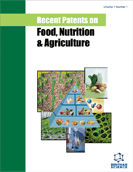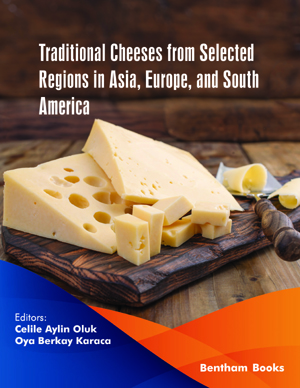Abstract
Vitamin C, (ascorbic acid), is a water-soluble, highly labile compound, easily lost during food processing. It is one of the most common and essential vitamins, involved in numerous metabolic pathways in the human body and has a protective and preventive role against the damages of free radicals. Vitamin C deficiency is responsible for the onset of scurvy. Ascorbic acid has a high tolerability, due to its short half-life and rarely induces hypersensitivity reactions. Because of its antioxidant properties, ascorbate salts and other ascorbic acid derivatives are largely used as food preservatives in industrial beverages or more recently like whitening agents in cosmetics, thus the first case reports involving products like 3-O-ethyl-L-ascorbic acid or ascorbyl tetraisopalmitate, have been described in the literature. Such allergic contact dermatitis seems to be caused by the side chains of these compounds rather than the ascorbic acid core structure.
Keywords: Allergic Contact Dermatitis, Anaphylaxis, Ascorbates, Ascorbic Acid, Ascorbyl Tetraisopalmitate, 3-O-ethyl-L-ascorbic Acid, Delayed type Reaction, Immediate-type Reaction, Scurvy, Urticaria, Vitamin C.



















